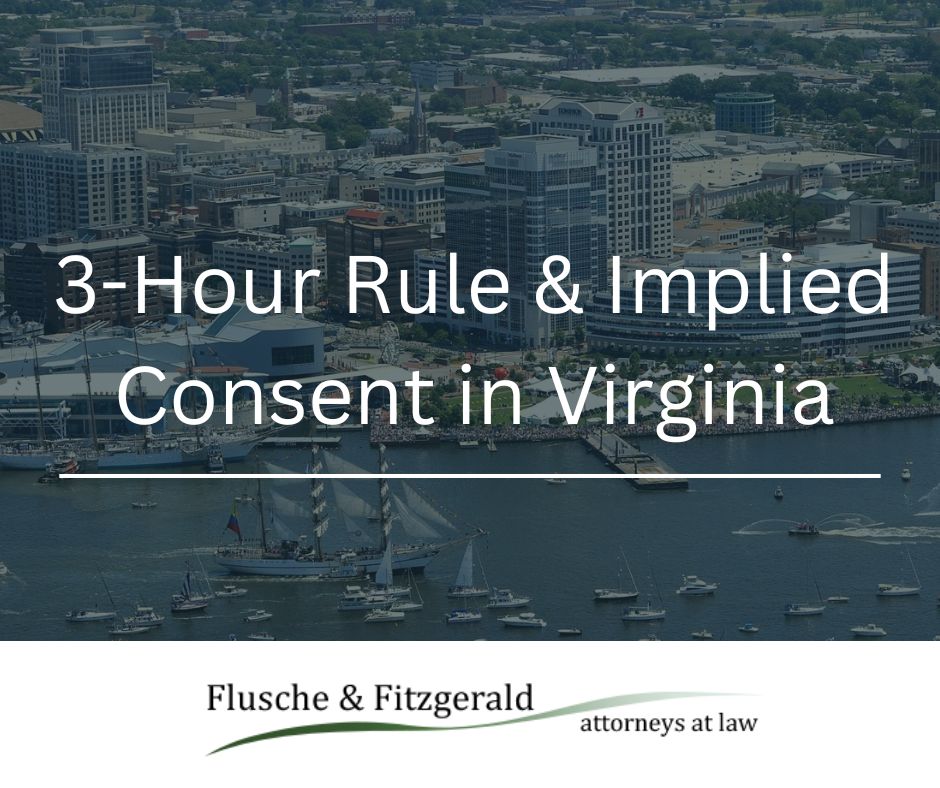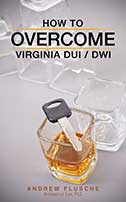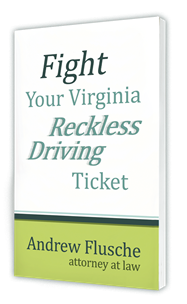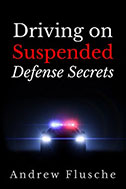3-Hour Rule & Implied Consent in Virginia

Navigating Virginia’s driving under the influence (DUI) laws demands a comprehensive understanding of specific statutes that impact drivers. Drivers and defense attorneys must understand two critical aspects: Implied Consent Rule and the 3 hour rule. These legal frameworks are significant in DUI charges and their defense strategies.
What Is the Implied Consent Law?
The cornerstone of Virginia’s DUI laws is the Implied Consent Rule. This statute mandates that any driver, whether licensed in Virginia or not, impliedly agrees to submit to blood, breath, or both tests to determine the presence of alcohol, drugs, or both by the mere act of driving on the Commonwealth’s highways. This consent is predicated on the condition that if a driver is arrested for a DUI offense, they must undergo these chemical tests if the arrest occurs within three hours of the alleged violation.
This rule serves a dual purpose: it aims to facilitate the prosecution of DUI cases by swiftly collecting evidence of impairment, underscoring the serious consequences of refusing to comply. A driver’s refusal to submit to these tests can lead to automatic penalties, including license suspension, which is in addition to the penalties associated with the DUI offense.
The Three Hour Rule
Embedded within the framework of Implied Consent is the Three-Hour Rule. This regulation specifies that for the results of the blood or breath tests to be admissible in court, the arrest must occur within three hours of the alleged driving offense. Theoretically, this ensures the accuracy and relevance of the test results, but note that the Thee-Hour Rule is NOT about the time between the driving and the test, which is really what would matter from a scientific perspective.
The Three-Hour Rule introduces a strategic component to DUI defense. An experienced lawyer will scrutinize the timing of the driving and the arrest to ensure compliance with this statute. If evidence suggests that the arrest was conducted outside this window, the defense can challenge the admissibility of the BAC results, potentially weakening the prosecution’s case.
Moreover, the statute outlines specific protocols for administering these tests, including informing the accused of their rights during testing and ensuring they can observe the analysis. This level of procedural detail provides additional avenues for defense strategies, focusing on whether law enforcement adhered to these prescribed procedures.
Navigating DUI Charges in Virginia
Virginia’s implied consent law and Three-Hour Rule create a complex legal situation for DUI charges. The interplay between these rules demands a comprehensive understanding of DUI law, emphasizing the importance of strategic legal defense. A Virginia DUI lawyer can leverage these statutes to challenge the circumstances surrounding the arrest and the validity of the test results, aiming to secure the best possible outcome for their clients. The implications of these laws underscore the necessity of hiring an experienced attorney for drivers facing DUI charges in Virginia.
Penalties for Violating DUI Laws
Violating Virginia’s DUI laws carries hefty penalties designed to deter impaired driving and ensure road safety. Penalties range from fines and license suspension to mandatory jail time for severe or repeated offenses. The severity of these penalties underscores the state’s commitment to strict enforcement of DUI laws. It’s crucial to understand that refusing the breath or blood test under the Implied Consent Rule and violating the Three-Hour Rule can significantly affect the outcome of a DUI case.
DUI Defense Strategies
Successful defense against DUI charges in Virginia often hinges on a detailed understanding of the Implied Consent and Three-Hour Rules. These laws intertwine to form a legal framework that can be both a challenge and an opportunity for defense. The complexity arises from the nature of these rules.
The Implied Consent Law mandates that drivers arrested for DUI must submit to blood or breath tests, but the Three-Hour Rule stipulates that the prosecution must prove the driver was arrested within three hours of the actual driving. This precise window for testing introduces a critical element of timing that can significantly impact a DUI case.
Some defense Strategies involving the three-hour rule include the following:
- Delayed Arrest— If law enforcement fails to arrest the driver promptly, resulting in an arrest outside the three-hour window, the defense can challenge the admissibility of the BAC results.
- Questionable Timing of Driving—In situations where it’s unclear exactly when the accused was driving, proving the three-hour timeline becomes challenging for the prosecution.
- Absorption and Elimination Rates—The body’s absorption and elimination of alcohol vary greatly among individuals. If the defense can demonstrate that the accused’s BAC rose to illegal levels only after being stopped, this can cast doubt on whether the legal limit was exceeded while driving.
In addition, defense strategies involve challenging the traffic stop’s legality, the BAC test’s administration and timing, or the testing equipment’s functionality and calibration.
Can You Challenge Your DUI Charges Based on a Violation of the 3 Hour Rule?
If you were recently arrested for a DUI, it is essential that you understand all of your potential defenses, some of which are less intuitive than others. At Flusche & Fitzgerald, our dedicated Virginia DUI defense lawyers have extensive experience developing creative and highly technical defenses designed to resolve your casein your favor as quickly as possible.
We also offer free consultations to all prospective clients, during which we will answer your questions, outline your possible defenses, and explain how we can help you defend against the charges you face. To learn more, give Flusche & Fitzgerald a call or connect with one of our attorneys by completing our secure online contact form. Contact us today at 540-318-5824 to discuss your case and learn how we can help you.




